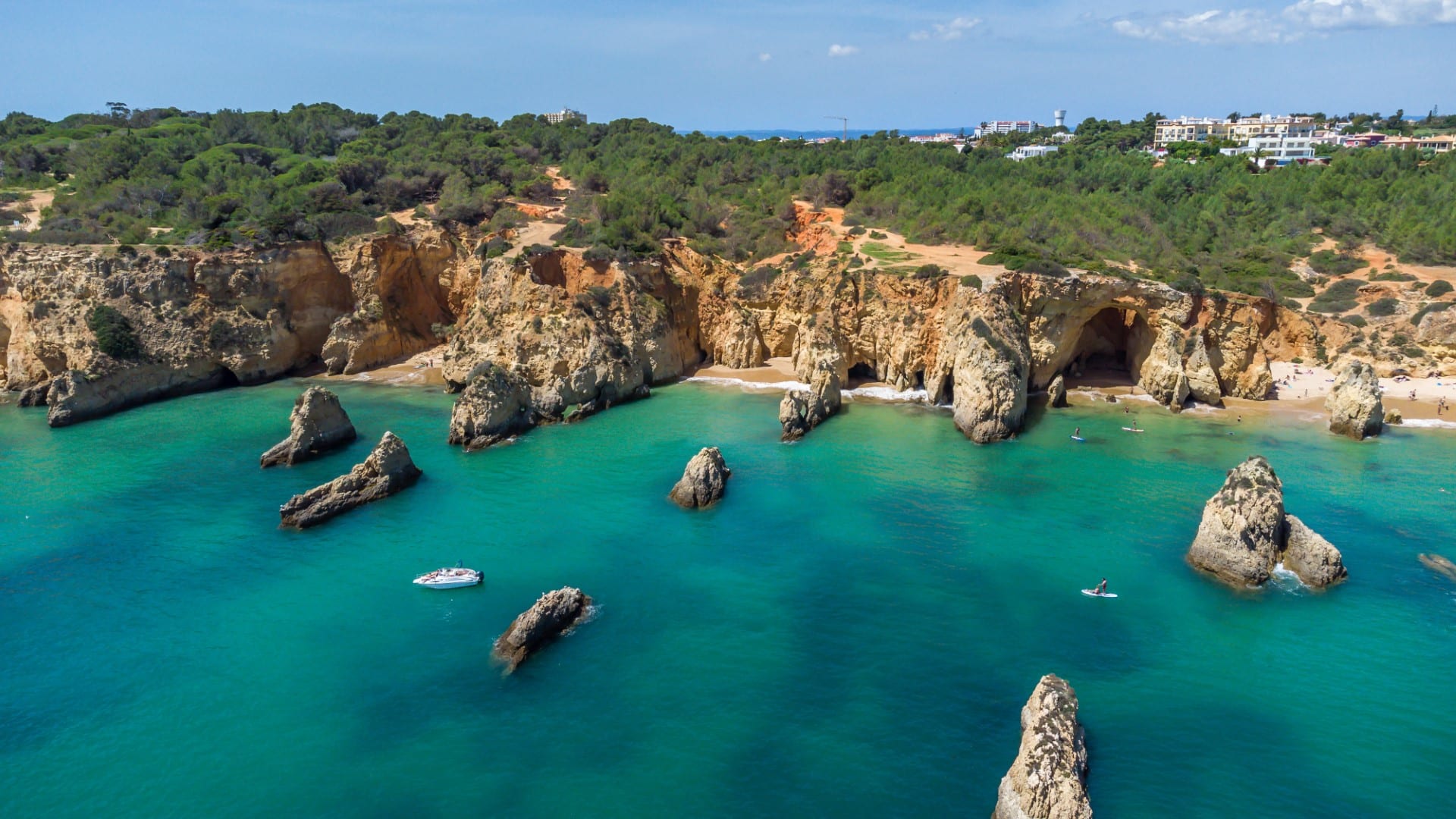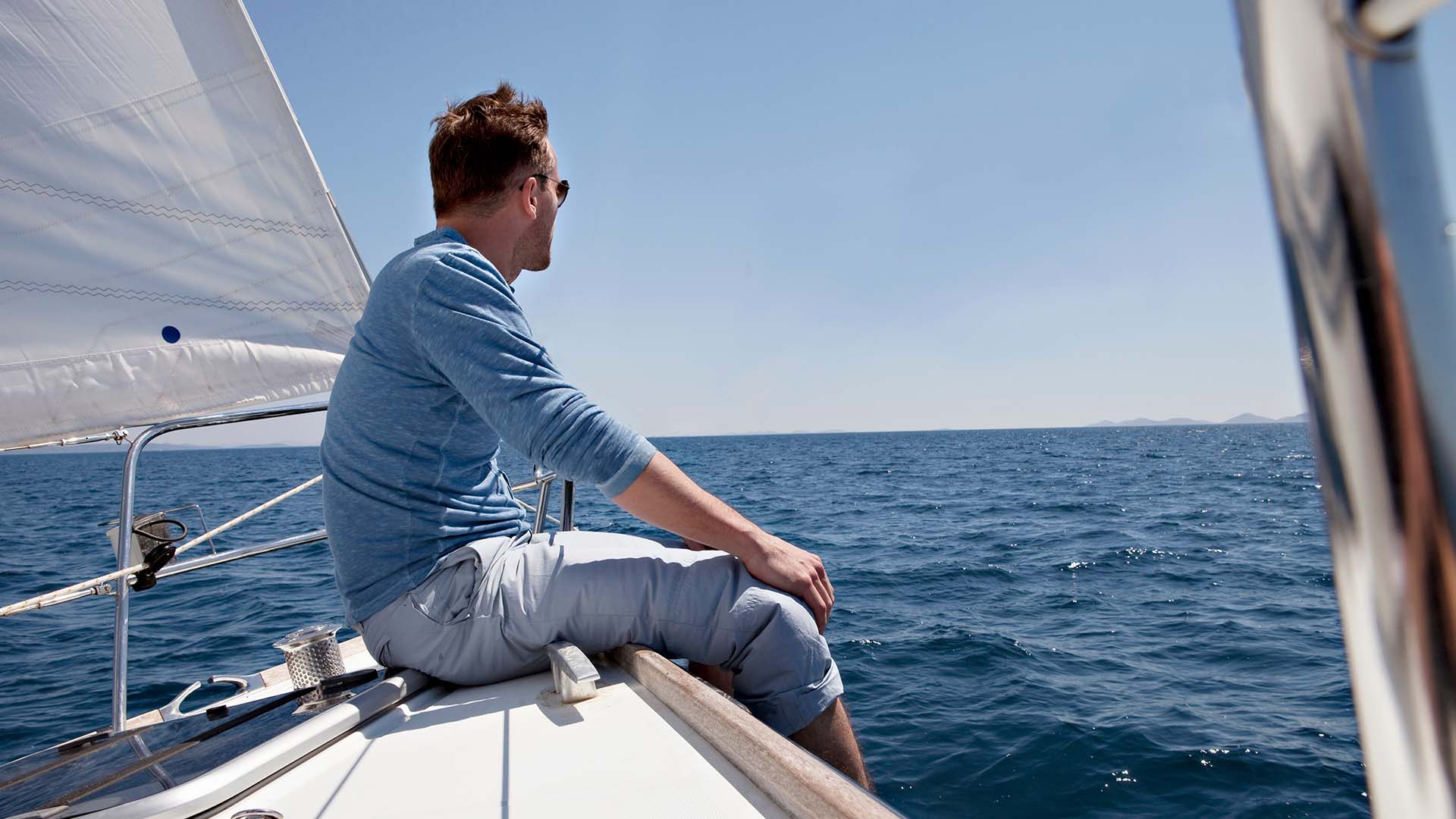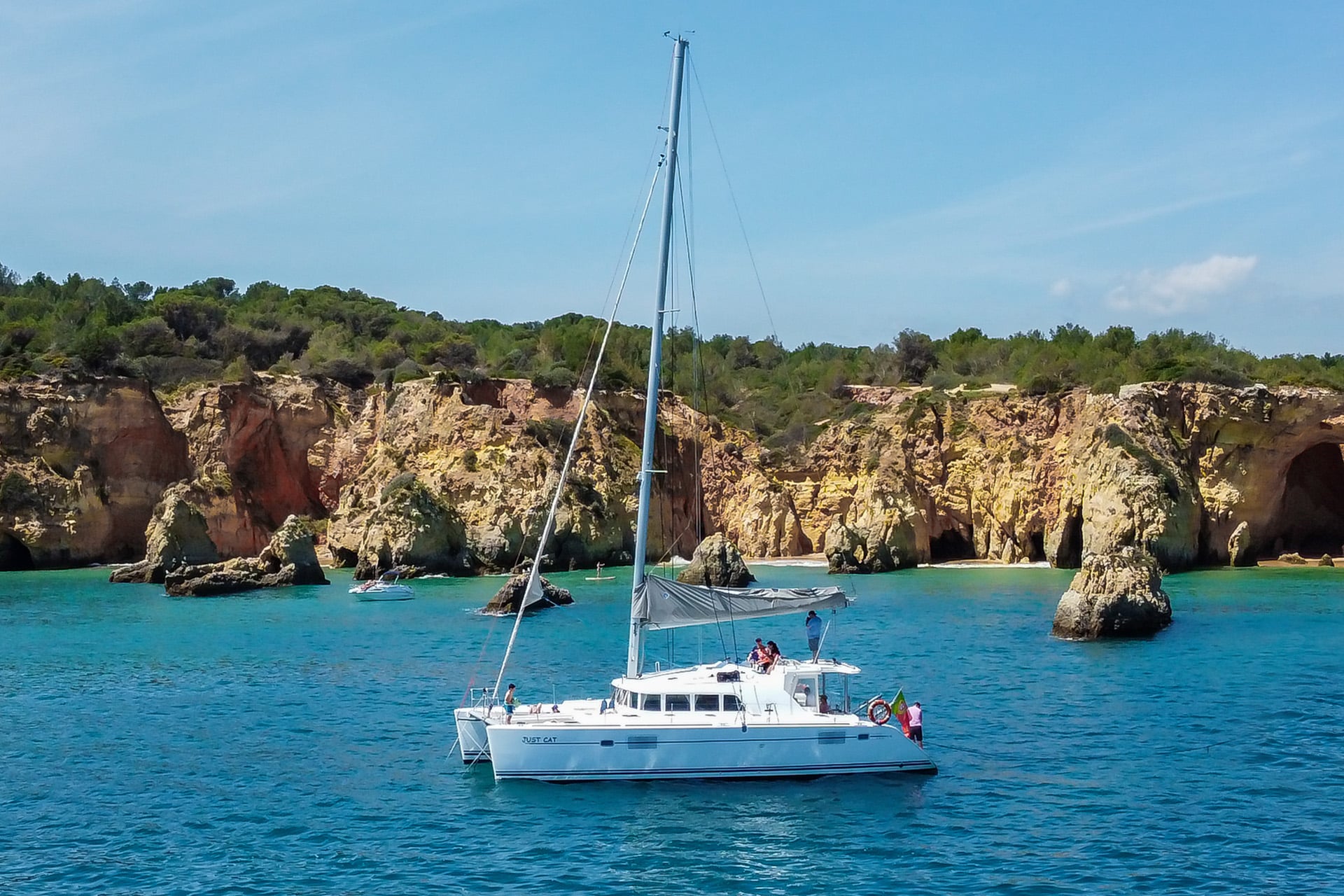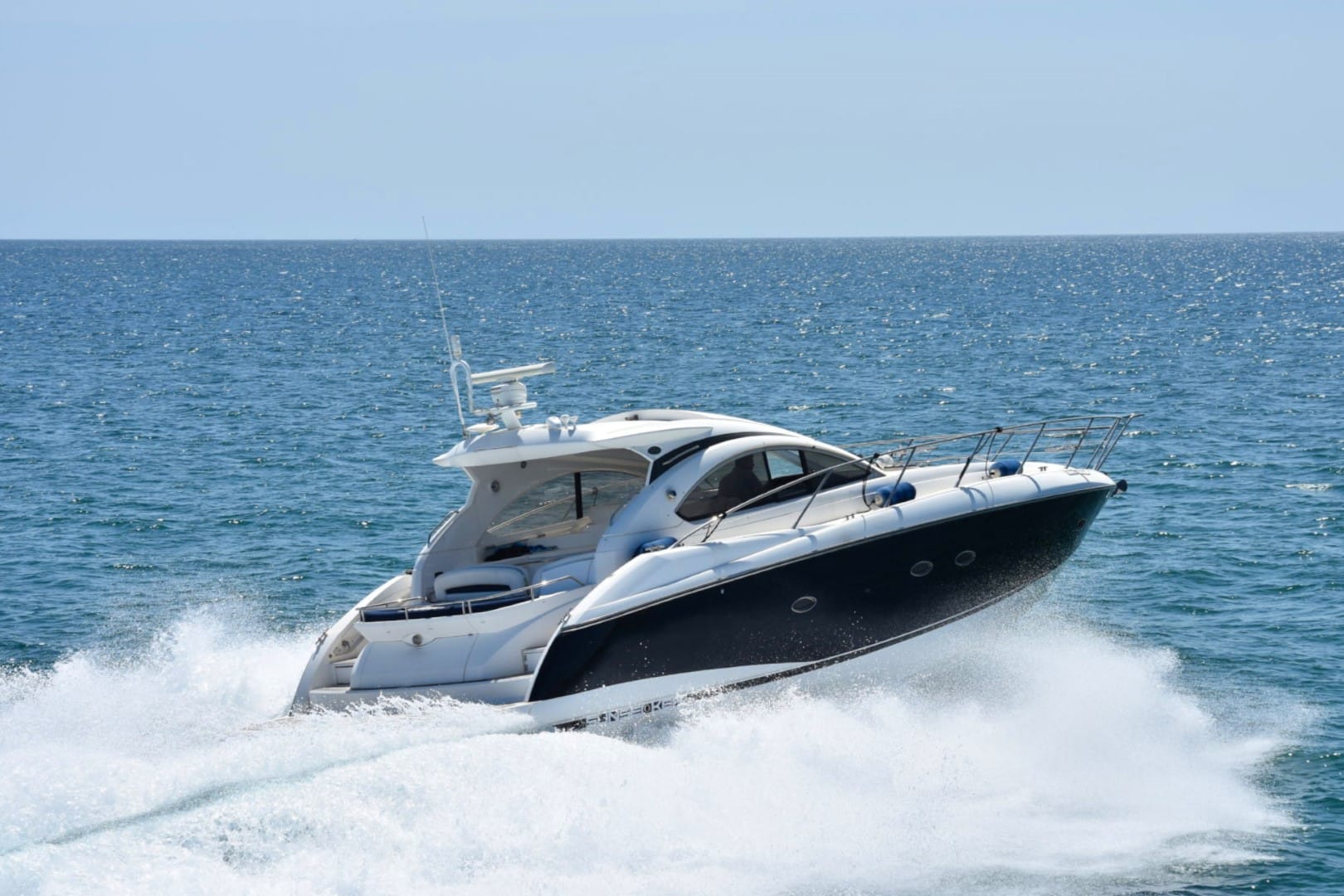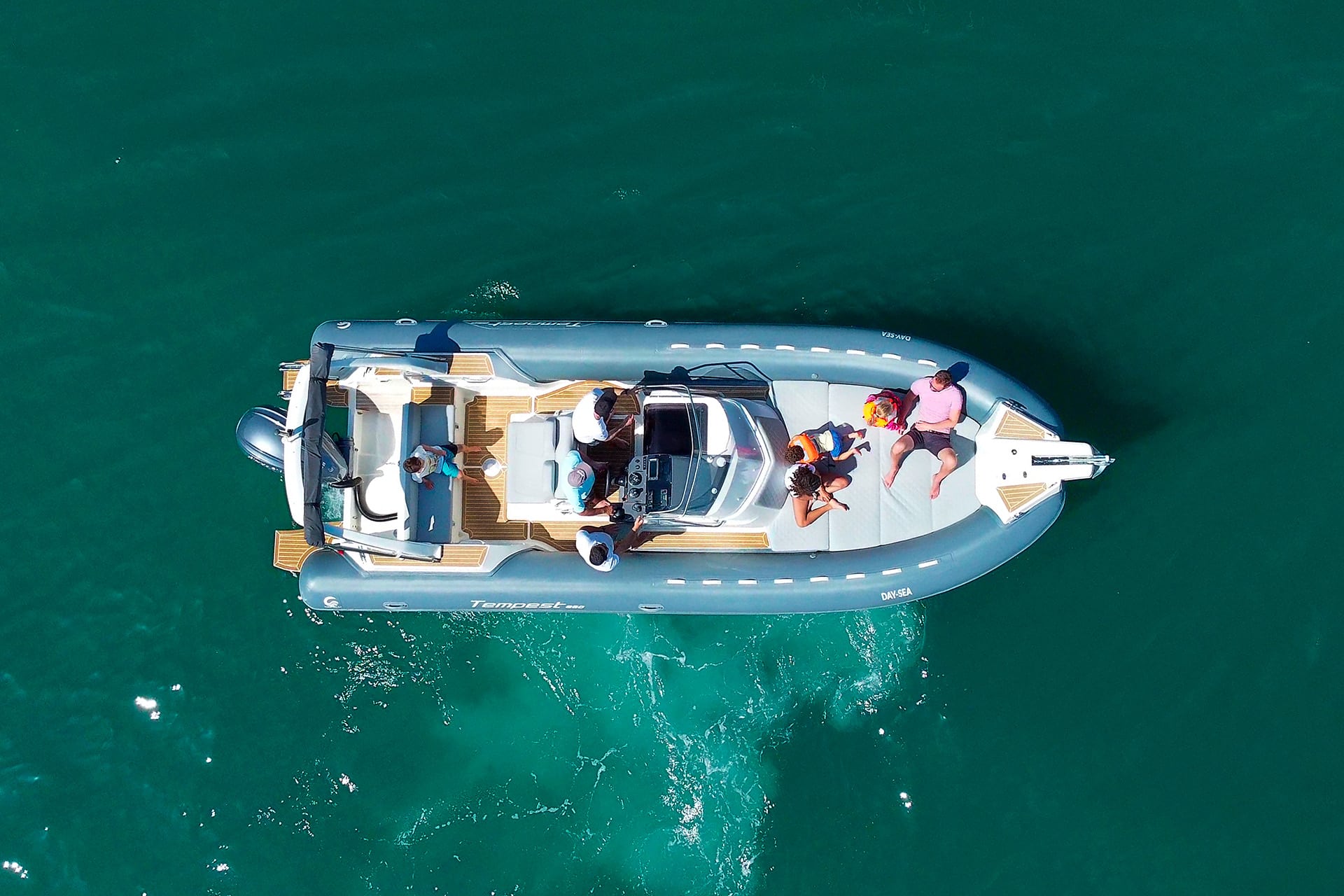A Comprehensive Guide to
Becoming a Competent Skipper
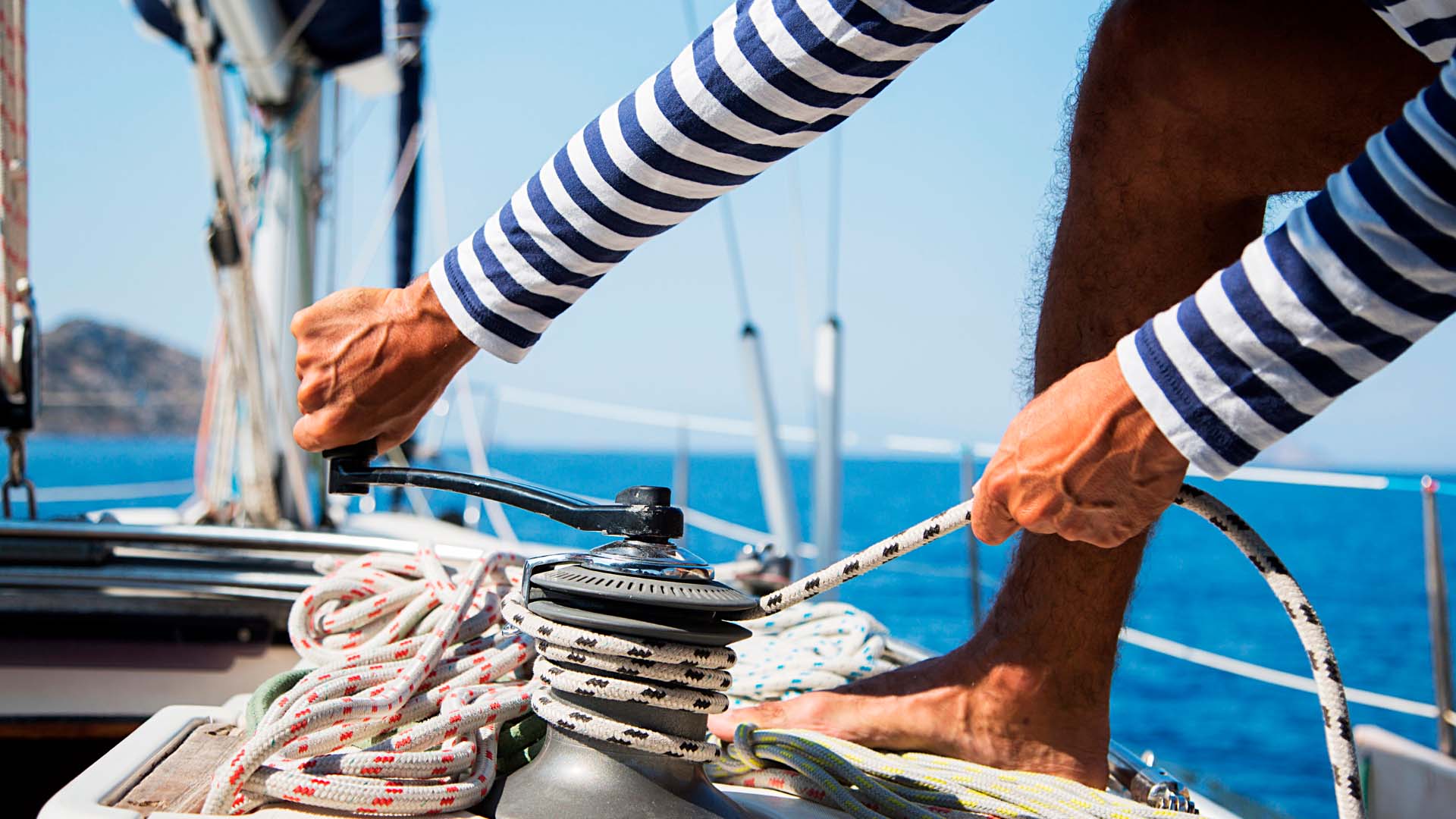
Embarking on the journey to become a skipper is not just about steering a vessel; it involves a blend of adventure, technical skill, and profound responsibility. This comprehensive guide is designed for aspiring skippers, offering an in-depth look at the qualifications, responsibilities, best practices, and life at sea from an international training perspective.
Step-by-Step Path to Becoming a Skipper
Becoming a skipper is both challenging and rewarding. Here are the key steps:
Education and Qualifications
- Necessary Licenses: Depending on the country, licenses range from basic coastal qualifications to advanced offshore certifications.
- Specialized Training: Beyond licensing, essential training includes navigation, maritime safety, first aid, and communication, often following international standards like those set by the International Maritime Organization (IMO).
Technical and Theoretical Skills
- Navigation and Piloting: Proficiency in reading nautical charts, using GPS, and understanding weather conditions.
- Knowledge of Maritime Rules: A comprehensive understanding of international and local maritime laws and safety regulations.
The Multifaceted Role of a Skipper
Being a skipper demands a range of skills and responsibilities beyond just navigating the ship:
Emergency Management
- Preparation and Training: Equipping and training the crew to handle critical situations, including man-overboard incidents, fires, or mechanical failures.
Maintenance and Safety
- Regular Maintenance: Ensuring all aspects of the vessel, from the engine to safety equipment, are in optimal condition.
- Safety Inspections: Conducting regular checks and ensuring compliance with maritime safety regulations.
Leadership and Crew Management
- Positive Work Environment: Creating and maintaining a respectful, cooperative, and efficient atmosphere on board.
- Effective Communication: Ensuring all instructions and information are clearly conveyed and understood.
Boat Handling Skills
- Proficiency in Boat Handling: Developing advanced skills in boat maneuvers and handling is crucial. This includes the ability to anchor, dock, and navigate in various conditions with confidence and safety.
- Continuous Practice: Regular practice and experience in diverse maritime conditions are essential for honing these skills.
Conscious and Sustainable Navigation
In an increasingly environmentally aware world, skippers play a crucial role in promoting sustainable practices:
Ecological Practices
- Waste Management: Implementing efficient systems for waste management on board.
- Sustainable Technologies: Adopting technologies that reduce environmental impact, such as efficient engines and renewable energy systems.
Ecological Route Planning
- Careful Planning: Choosing routes that minimize environmental impact and avoid ecologically sensitive areas.
Life Onboard: Challenges and Rewards
Life at sea presents unique challenges but also unparalleled rewards:
Resource Management and Coexistence
- Provision Management: Carefully planning provisions to ensure adequate nutrition and efficient resource management.
- Interpersonal Relations: Fostering a harmonious environment, effectively managing group dynamics and shared space.
Health and Well-Being
- Attention to Physical and Mental Well-being: Maintaining routines for physical exercises and recreational activities to promote the crew’s physical and mental health.
Conclusion
The journey to becoming a competent skipper, while challenging, is incredibly rewarding. For sea enthusiasts aspiring to this role, competence translates not just into the ability to navigate but also into fulfilling crucial responsibilities and adopting best practices.
Key Responsibilities
- Safety First: Safety is the most critical responsibility of a skipper. This encompasses not only the vessel’s safety but also that of everyone on board, requiring knowledge and strict adherence to maritime safety norms.
- Emergency Management: Being prepared for any eventuality, conducting regular safety drills, and keeping emergency equipment in operational condition.
Best Practices
- Respect for the Marine Environment: A competent skipper should be mindful of their environmental impact, practicing navigation that respects and preserves marine ecosystems.
- Effective Leadership: Strong, respectful leadership is vital. This involves clearly communicating expectations and guidelines, as well as maintaining morale and harmony on board.
Commitment to Continuous Learning
- Knowledge Updation: The world of navigation is constantly evolving. A good skipper stays updated with the latest trends, technologies, and regulations.
- Practice and Experience: Practical experience is irreplaceable. Each voyage is an opportunity to learn and hone navigation and management skills.
Excelling as a skipper requires dedication, a passion for the sea, and a continual commitment to personal growth. By embracing these responsibilities and best practices, skippers not only ensure safe and enjoyable journeys but also contribute to the preservation and respect of the vast and marvelous marine world.
Transitioning to a Professional Skipper
For those who aspire to take their passion for the sea to a professional level, the journey continues beyond mastering the basics:
Advancing to Professionalism
- Gaining higher-level certifications and specialized training.
- Embracing global standards and regulations in maritime operations.
The Professional Realm
- Enhanced leadership skills and operational management for diverse, multicultural crews.
- Adherence to professional ethics and international maritime laws.
The path to becoming a competent skipper is rich with learning and growth. While this guide focuses on the foundational aspects for aspiring competent skippers, it also acknowledges the pathway to professional skippering – a journey marked by continuous education, ethical practice, and a commitment to global maritime standards.
OTHER BLOG POSTS
Take a look at our other articles
WHICH BOAT WILL YOU CHOOSE?
Yachting Lifestyle Fleet
Lagoon 440
Catamaran | Skipper included
16 people
Ideal for:
Families, groups, and events
Relax, socialize and explore the coast
Kayak or paddleboard cave exploration
Sunseeker Portofino 46
Motor Cruiser | Skipper included
8 people
Ideal for:
Small groups and families
Luxury daytime cruising
Adventure and relaxation
WHY CHOOSE US?
The Algarve coast has so much to offer, but often only a few places get all the focus.
We see this as an opportunity to try and give you the most authentic experience
Pedro Arsénio
CEO & Operations Manager

